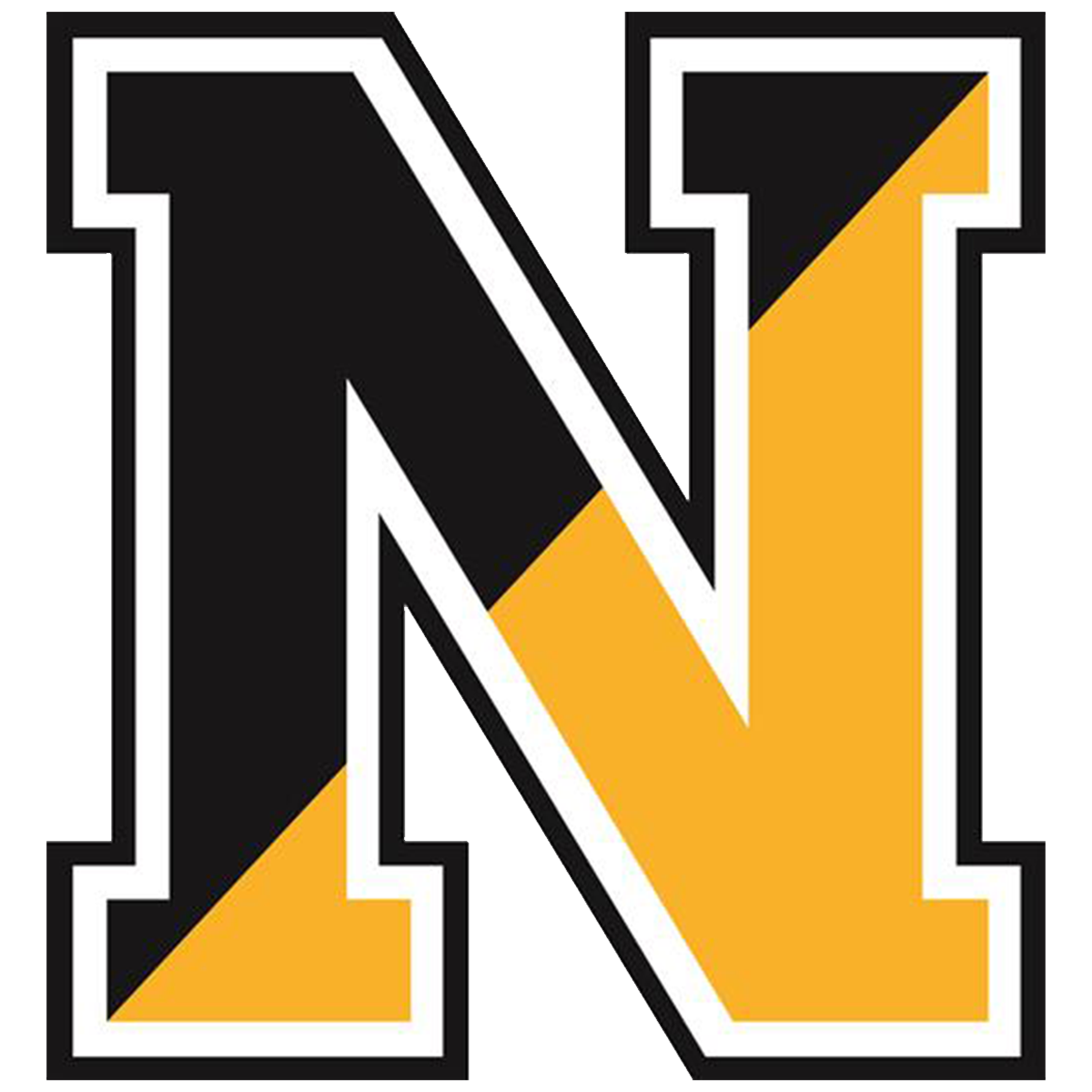Skip to content
Show submenu for About NRHS
Show submenu for School Counseling
Show submenu for Curriculum
Show submenu for Students & Families
Students & Families
Athletics
Calendar
Show submenu for Faculty & Staff Resources
Faculty & Staff Resources
Show submenu for Our District
Show submenu for
